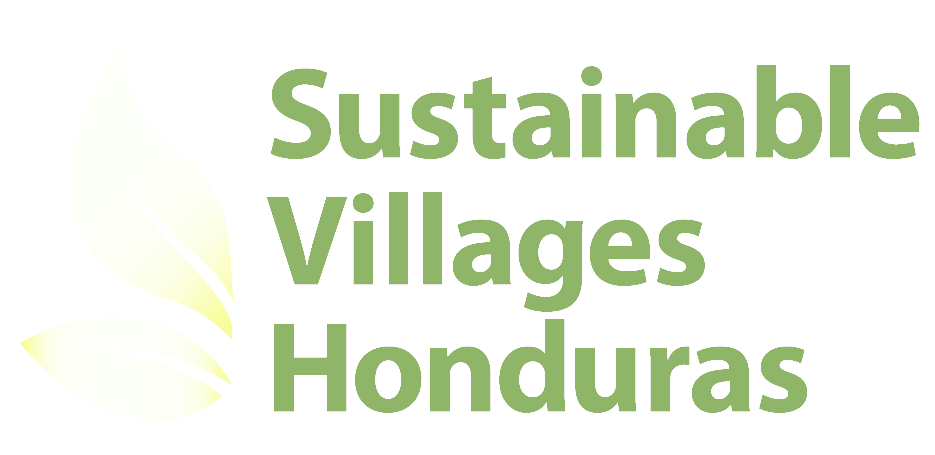A Winner Over the Years: Chicken Coops
Over a decade ago when Roy Lara started working in several communities in Chinda one of the things that families wanted most are chicken coops. Coops protect hens and their small chicks from wild animals during the night and make it easy to find the eggs in the morning. Because the manure they produce in the coops is concentrated, it also provides valuable fertilizer for home gardens. As new communities enter the Vecinos Honduras (VH) program one of the basics of sustainable agriculture: building chicken coops. Rene Hernandez and Antonio Gamez built many coops in their community, La Majada, and then in neighboring communities.
Rosa Iris Lopez of El Zapotal building her chicken coop.
In El Zapotal, the most remote community in the Sustainable Villages Honduras (SVH) program, residents want chicken coops. Following the VH farmer-to-farmer model, a volunteer from another community provided instruction as the first coop in El Zapotal was built. Also following the VH model, the chicken coop could not be “given” to the family. In El Zapotal the community decided that the family receiving the coop had to supply the wood for the coop and lunch for everyone who was helping.
In many communities families see chickens as a business opportunity. They start a business by buying chicks and selling them as hens. SVH has offered workshops to learn how to select chicks likely to grow plump and how to keep business accounts. The key to making their business plan work? Chicken coops.

